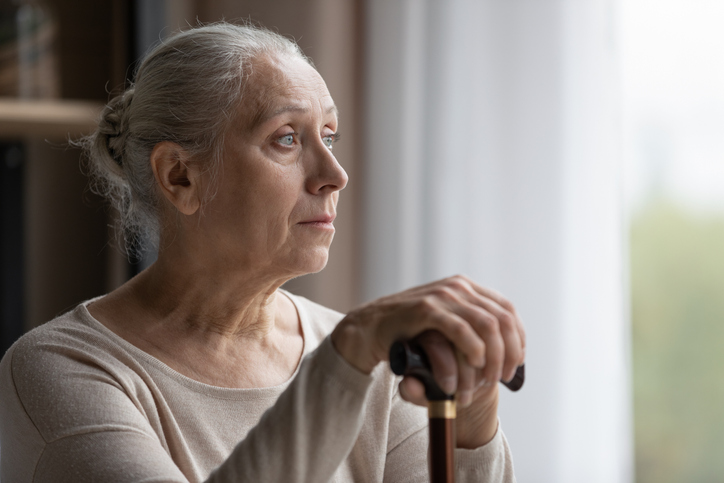Younger Canberrans are less physically and mentally healthy than older generations were at the same age, according to a longitudinal study published today.
The PATH Through Life Project: Physical health, mental health and wellbeing, and independence-related factors of healthy ageing – a joint report from the University of New South Wales and ACT Health, commissioned by the ACT Government – examined health and wellbeing as people age.
It followed three cohorts of people from the ACT and surrounding region (more than 7,400 people) for more than 20 years, beginning in 1999–2000. When the study began, the youngest cohort was 20–24 years old, the middle cohort was 40–44 years old, and the oldest cohort was 60–64 years.
“Longitudinal studies such as PATH are great tools,” said Dr Elizabeth Moore, Coordinator-General of the ACT Office for Mental Health and Wellbeing. “They give us an opportunity to plan interventions and evaluate the effects across the course of peoples’ lives.”
The report found that younger cohorts tended to have higher levels of anxiety, depression, obesity, arthritis, and thyroid disease than older cohorts at the same age, suggesting that younger cohorts are becoming unhealthy at an earlier age than their older counterparts.
Although mental health improves with age, younger cohorts in general had poorer mental health than older cohorts at the same age. Depressive symptoms were lowest amongst older Canberrans and highest amongst younger. Canberrans aged 40-44 were most likely to experience anxiety symptoms.
The report recommended continued monitoring of the youngest cohort as they age into their 40s and beyond; if trajectories continued, this cohort may experience poorer health outcomes than their older counterparts as they age.
The report also found that physical health declined rapidly in the oldest cohort. The percentage of people who were obese, had arthritis, thyroid disorder, diabetes, lung conditions, hypertension, problems with hearing and vision, or took cholesterol-lowering medication increased with age. Walking, bending, kneeling, and stooping became increasingly difficult as people aged.
The report recommended monitoring the oldest cohort as they age into their 80s and 90s to ensure policy development and service planning considered their health and wellbeing needs.
“Physical and mental health, wellbeing, and functional independence are all related to healthy ageing and living well,” mental health minister Emma Davidson said. “We know older Canberrans may experience poor mental health due to changes in lifestyle following retirement, greater chance of chronic conditions, and the social and emotional challenges sometimes associated with age, so it is encouraging to see older members of our community reporting positive mental health.
“However, it is concerning younger Canberrans are reporting significantly higher rates of anxiety and depression than other cohorts.”
“It is vital we continue to monitor the mental health of young Canberrans to ensure they do not experience poorer outcomes as they age.
“Having an environment that allows people to live active, productive, and mentally healthy lives is critical to support healthy ageing. This means people are able to access mental health support when and where they need it.
“Ensuring equitable and quality access to strong mental health support for all ages means Canberrans can live healthier lives as active members of our community.”
For mental health support services in the ACT, visit https://www.health.act.gov.au/about-our-health-system/office-mental-health-and-wellbeing/need-help



